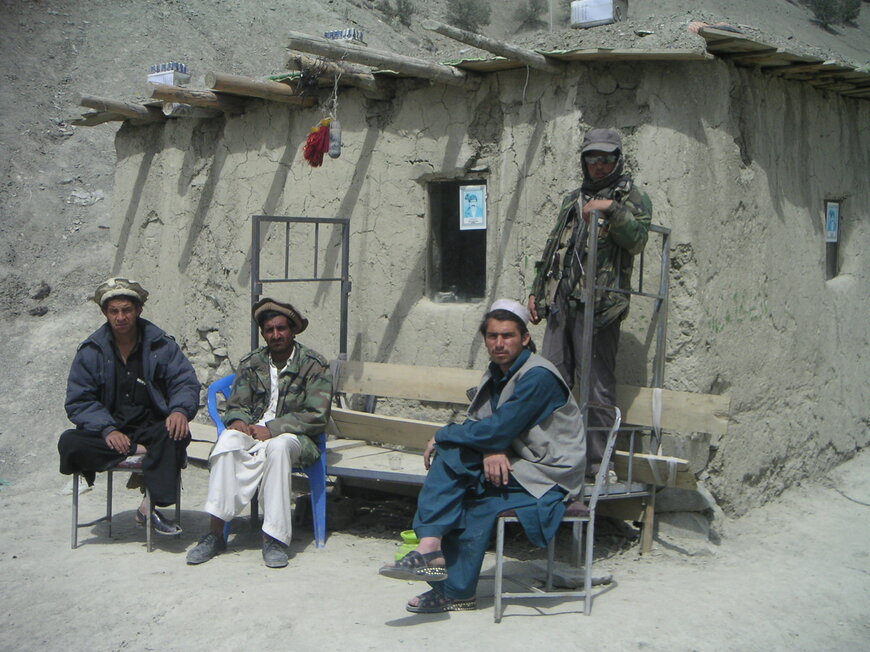Events
Peace- and Statebuilding in Afghanistan \ Partial Success or Predictable Failure?
On 19 October 2021, 18:00–19:30 hrs Käte-Hamburger Kolleg / Centre for Global Cooperation Research and Bonn International Centre for Conflict Studies (BICC), in cooperation Institute for Development and Peace (INEF), will jointly organize a Käte Hamburger Dialogue on Peace- and Statebuilding in Afghanistan (online).

In the discussion, a panel of international experts will in particular discuss the following aspects:
\ What mistakes did the international community of states make at the beginning of the mission? At which junctures was the wrong direction chosen?
\ Were the Taliban underestimated as former rulers as well as now as the new ones? Should they have earlier been accepted as negotiation partners? How would an inclusive peace settlement have looked like?
\ From the outset, should the state-building have focused on core functions? What would have been the role of the state budget, which helps determine the state's legitimacy and capacity? Did the heavy external aid primarily contribute to corruption and self-enrichment among the elites?
\ Where have achievements been made in human rights and especially women's rights? Are these advancements now completely threatened, or can some standards be preserved under the Taliban's new rule?
Introduction: Tobias Debiel (KHK/INEF)
Panellists:
Patricia Gossman, Human Rights Watch, associate director for the Asia division
Nargis Nehan, former member of the government of Afghanistan
Thomas Ruttig, co-founder and co-director of the Afghanistan Analysts Network (AAN)
Conrad Schetter, BICC
Moderator: Andreas Zumach, journalist and author on international relations and conflicts
For your participation, please register at: https://www.gcr21.org/events/upcoming/peace-and-statebuilding-in-afghanistan-partial-success-or-predictable-failure
\ What mistakes did the international community of states make at the beginning of the mission? At which junctures was the wrong direction chosen?
\ Were the Taliban underestimated as former rulers as well as now as the new ones? Should they have earlier been accepted as negotiation partners? How would an inclusive peace settlement have looked like?
\ From the outset, should the state-building have focused on core functions? What would have been the role of the state budget, which helps determine the state's legitimacy and capacity? Did the heavy external aid primarily contribute to corruption and self-enrichment among the elites?
\ Where have achievements been made in human rights and especially women's rights? Are these advancements now completely threatened, or can some standards be preserved under the Taliban's new rule?
Introduction: Tobias Debiel (KHK/INEF)
Panellists:
Patricia Gossman, Human Rights Watch, associate director for the Asia division
Nargis Nehan, former member of the government of Afghanistan
Thomas Ruttig, co-founder and co-director of the Afghanistan Analysts Network (AAN)
Conrad Schetter, BICC
Moderator: Andreas Zumach, journalist and author on international relations and conflicts
For your participation, please register at: https://www.gcr21.org/events/upcoming/peace-and-statebuilding-in-afghanistan-partial-success-or-predictable-failure


